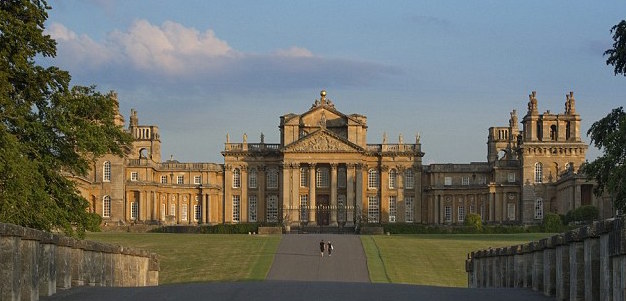


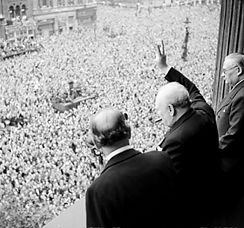
5 October 2015: Turning 90 this month and as vivacious as ever, Timothy Robert Hardy spoke tonight on “My Life with Churchill” at a Hillsdale College Churchill seminar, attended by over 500 registrants and 200 students, sponsored by Hillsdale’s Center for Constructive Alternatives. That afternoon I had the privilege to play Alistair Cooke, and introduce four excerpts from Tim’s inimitable portrayal in the documentary, “Winston Churchill: The Wilderness Years.” Here is the introduction to the first excerpt, which may be viewed on YouTube (first 12 minutes). All four excerpts will be published later by The Churchill Project for the Study of Statesmanship.…
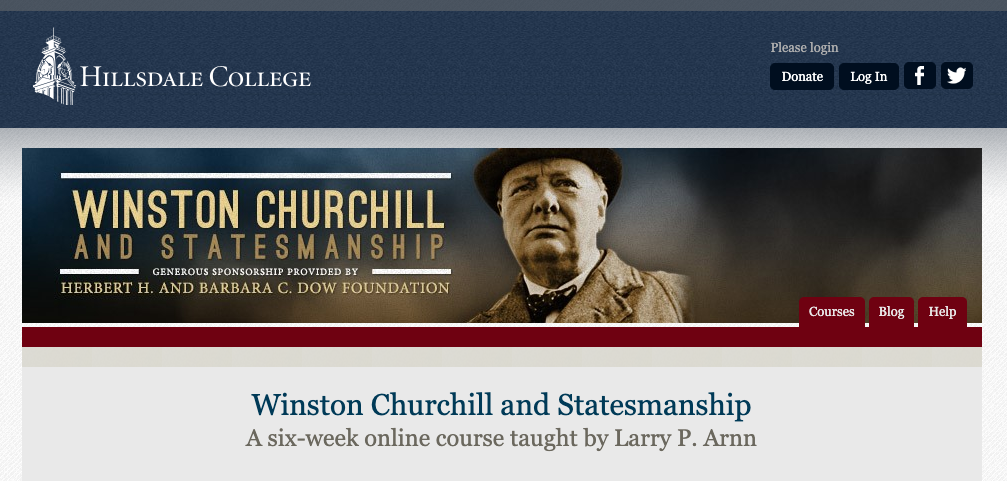
Hillsdale College offers a free, not-for-credit, online course, “Winston Churchill and Statesmanship.” The six-week course is taught by Hillsdale College President Larry P. Arnn. It examines the life, lessons and legacy of Sir Winston. For further information contact [email protected].
This course is part of the battery of new programs offered by The Churchill Project for the Study of Statesmanship, which I am honored to serve as senior fellow. I warmly recommend this illuminating, stimulating, and above all accurate, free course because it’s a mini-education on Churchill’s statesmanship, conducted by an indefatigable scholar and a friend of forty years. …
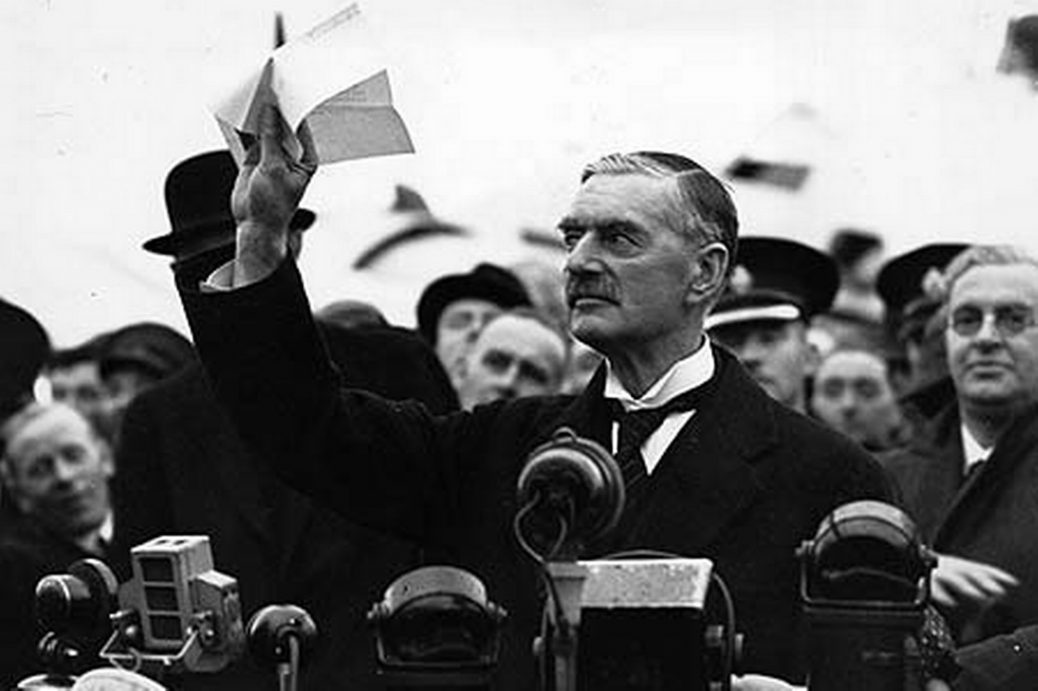
…And Mark Steyn is not Winston Churchill,” writes Tim Reuter in Forbes.
—a rather thoughtful piece, though a bit harsh on Mr. Steyn, who offered exactly the right take on Neville Chamberlain. He was “an honorable man who believed he was acting in the interest of his country.” That was also how Churchill eulogized him after Chamberlain’s death in 1940.
It is reassuring to know that Iran is (thank goodness) not Nazi Germany; and that the Iran nuclear deal and Munich are not analogous. But some of Mr. Reuter’s sentences rest uneasily next to each other.…
Happy 4th from Hillsdale College.
“The Third Great Title-Deed of Anglo-American Liberties”
Winston S. Churchill, Liberty Day Meeting, Central Hall, Westminster, July 4, 1918. Excerpted from Robert Rhodes James, Winston S. Churchill: His Complete Speeches 1897-1963, 8 vols. (New York: Bowker, 1974), III 2613-16.
I move that the following resolution be cabled from the meeting as a greeting to the President and people of the United States of America: This meeting of the Anglo-Saxon Fellowship assembled in London on the 4th of July, 1918, sends to the President and people of the United States their heartfelt greetings on the 142nd anniversary of the Declaration of American Independence.…
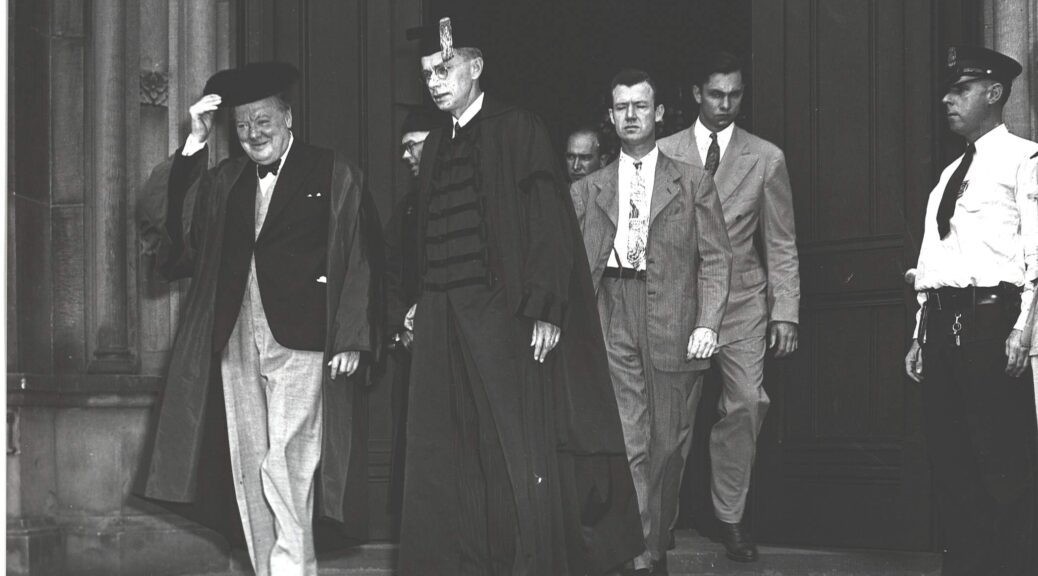
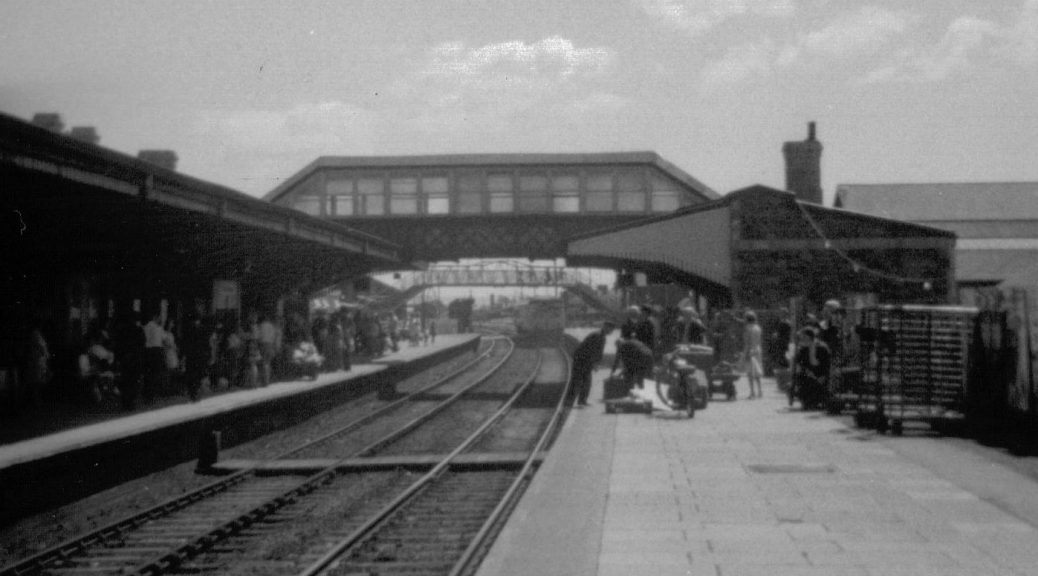
Llanelli and the Railway Strike: concluded from Part 1…
Throughout the August 1911 railway strike, troops stood by. Their orders were to interfere only against threats to public security. But there was another reason why anxiety ran high at that time. A few weeks earlier, the Germans had sent a gunboat to Agadir, French Morocco. Rumors of war with Germany were rampant. David Lloyd George said the Agadir Crisis was a threat to peace. The Germans, he warned, “would not hesitate to use the [strike] paralysis,,,to attack Britain.” Paul Addison, in Churchill on the Home Front, described the public mood.…
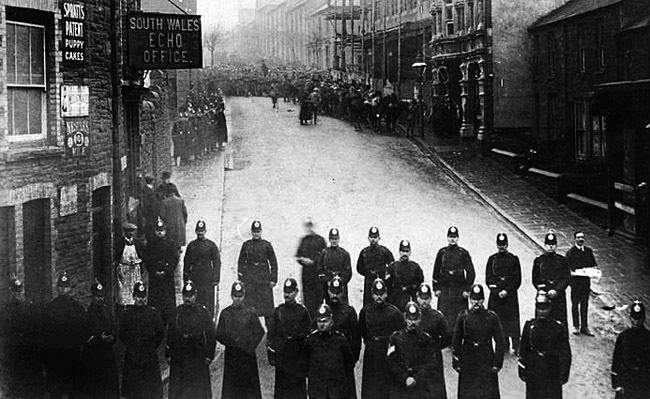
This is a time when we often question the actions of police forces. In America, governors occasionally call in the National Guard during riotous protests. Local residents are always the main victims of such events. Churchill’s experience with strikers is worthy of study, his magnanimity worthy of reflection.
Did WSC Send Troops Against Strikers?For a century it has been part of socialist demonology that Churchill sent troops to attack strikers during a 1910 miners’ work stoppage in Tonypandy, Wales. In 1967 an Oxford undergraduate wrote that Churchill faced down strikers with tanks. This was very prescient of him, since tanks didn’t exist in 1910.…